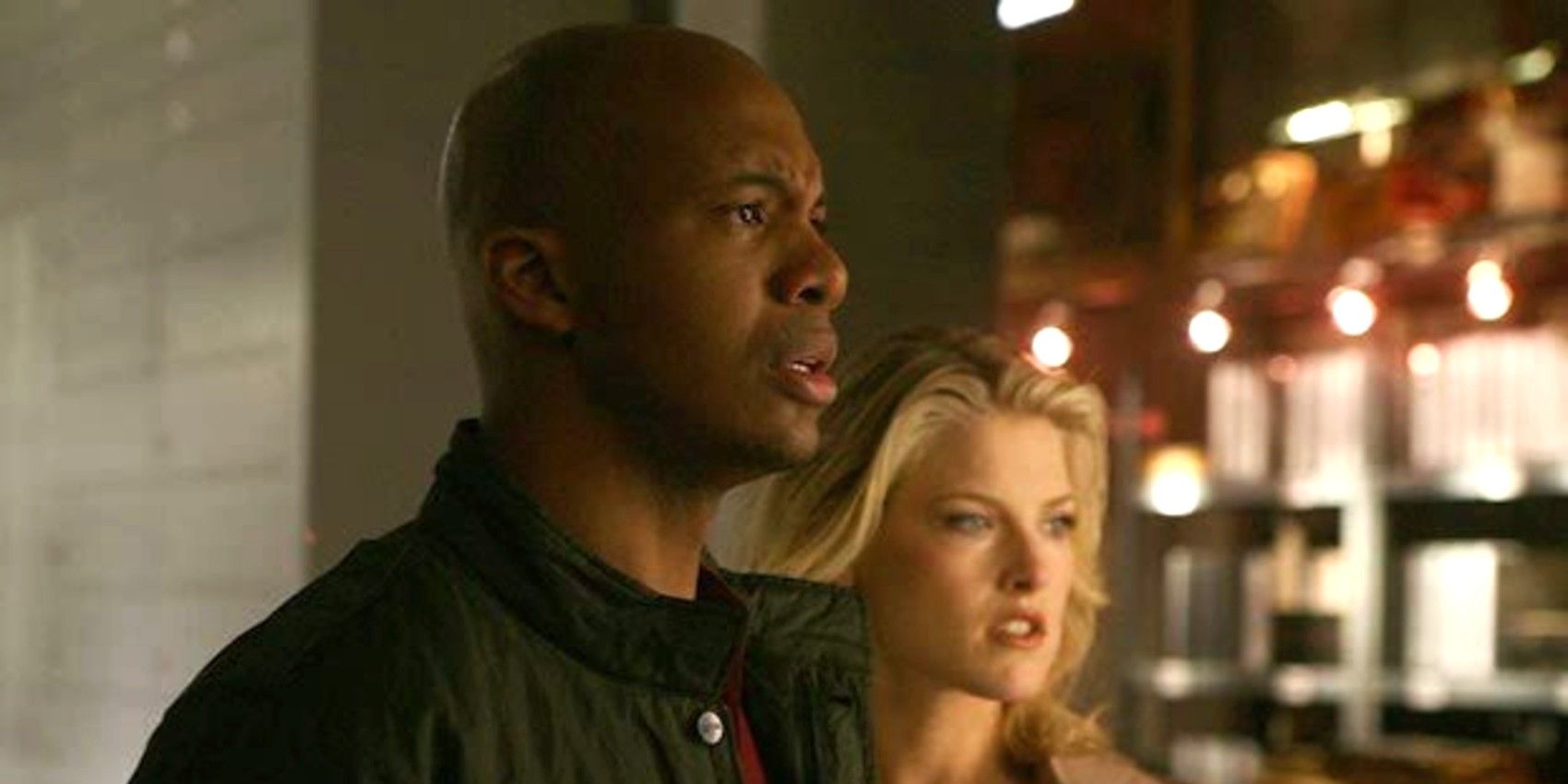On Dec. 16, actor Leonard Roberts (American Crime Story, Buffy, Drumline) shared an essay about his time starring in NBC's television series, Heroes.
Although the 2006 fantasy/action series turned into a massive hit for the network, launching the careers of Zachary Quinto, Milo Ventimiglia and Hayden Panettiere, the experience left Roberts with a first-hand account of how systemic racism is pervasive in the entertainment industry. It showed him how quickly racist systems destroy opportunities for Black actors. His detailed and collaborated account was published on Variety and is excerpted below.
"I’ve been a Black actor for 25 years but I’ve been a Black man in America my whole life," Roberts began. "Those are never separate journeys, nor do I believe they ever should be. The Black Lives Matter protests clearly were bringing up feelings of anger, fear and shame connected to a time in my professional past I now believe are deserving of reflection."
From the casting process to filming onset, to his character being written off the show to appease his co-star, Roberts experienced moments of inequity.
Roberts was initially offered a role as D.L. Hawkins -- a prison inmate who can pass through matter -- and who in a prior pilot script was described as "a white man’s nightmare." Although the role was cast as a series regular, D.L.'s role didn't debut until Heroes' Season 1, Episode 6.
"I looked forward to sharing my thoughts on my character with the writing staff, as I heard other cast members had done the same with theirs. Unfortunately, no such meeting ever materialized," Roberts wrote. "Then I learned that despite the show’s three Black series regulars, there were no Black writers on staff."
D.L. Hawkins' character was written as a man in a volatile marriage with the character Nikki Sanders (Ali Larter). "I was only interested in dealing with the drama that was on the page, but that goal would prove to be elusive," Roberts wrote.
He further explained how Larter offered "pushback" on set, gossiped about not being able to "stand him" and wouldn't collaborate as freely with him as with other actors, which proved frustrating as her storyline's main love interest and scene partner. At a stage rehearsal in 2007, Larter only spoke to Roberts to tell him that their fictional couple's magazine cover for Entertainment Weekly was selling poorly.
Ultimately, the show decided to write off D.L. Hawkins' character -- by killing him through gunfire, despite his powers of passing through matter -- due to lack of "chemistry" with Larter on set. At first, the show offered only to pay Roberts as a guest star for his character's last episode. However, he obtained his series' regular pay after negotiating for it.
"I found it interesting [Kring] had created a world where people flew, painted the future, bent time and space... Yet somehow the potential story solution of my character getting divorced left him utterly confounded," he recalled telling the showrunner, Tim Kring.
During the meeting in which executive producer Dennis Hammer empathized with Roberts' leaving the show, saying that Larter was "hated" for her behavior, he also told him, "Don’t think of this as a situation where the Black man loses and the white woman wins."
While Roberts only starred in 18 episodes as a series regular, Larter went on to star in 57 episodes, maintaining her series' regular spot until 2010.
Roberts closed his essay with the following, "I encourage white people to understand that while standing as allies has its place, action is what this moment demands. This applies to the industry as well. The studio can’t spend millions to support Black causes publicly, but have no Black people in leadership roles. The white show creator can’t create a show featuring non-white on-camera talent but disregard non-white voices behind the scenes. The white actor who’s worked for half as long as a comparable actor of color yet makes twice the pay has to be willing to put that on the line to give voice to the disparity in the name of fairness and equity."
Source: Variety

